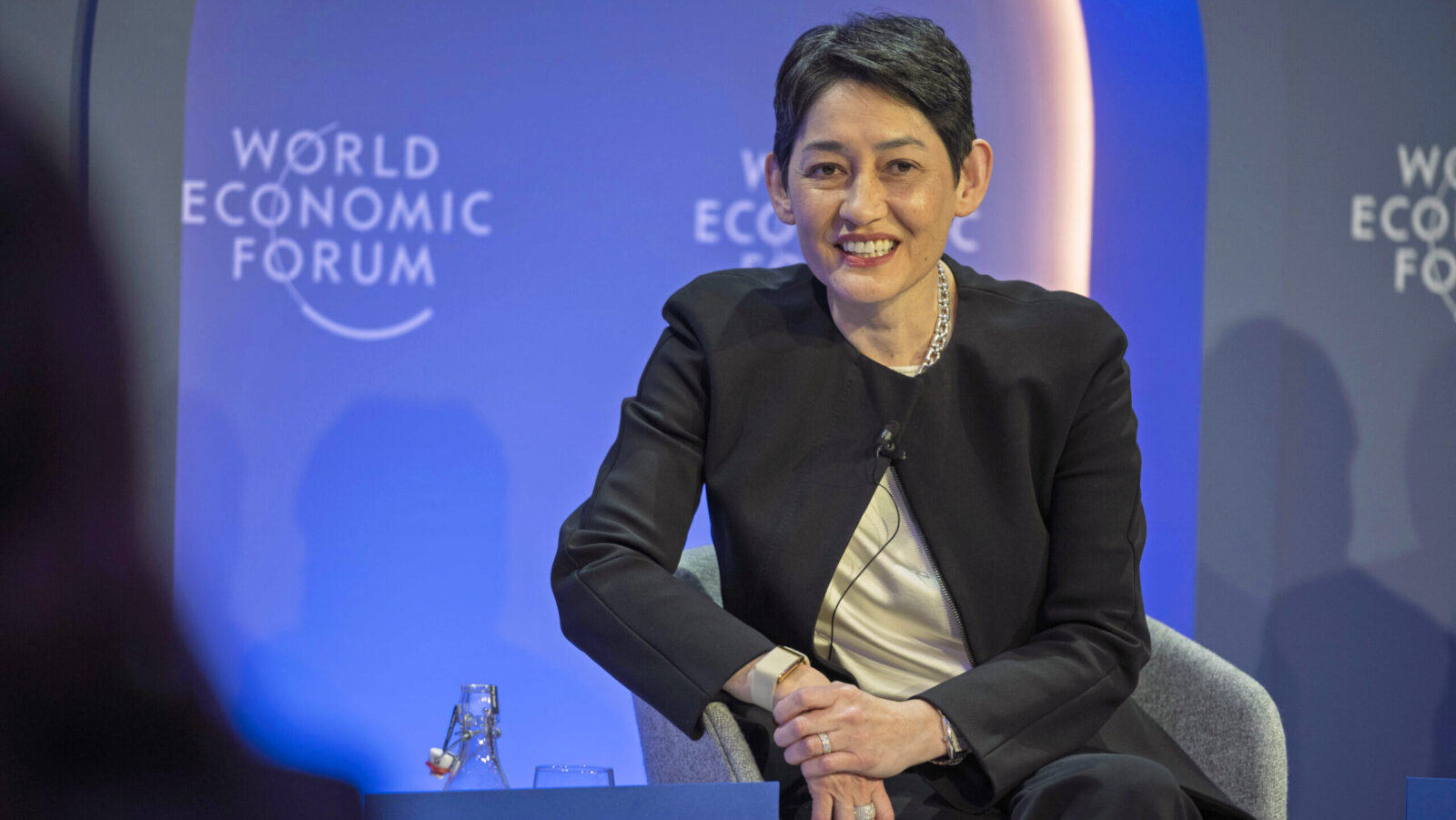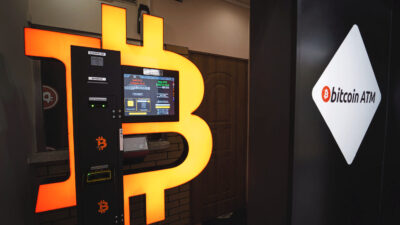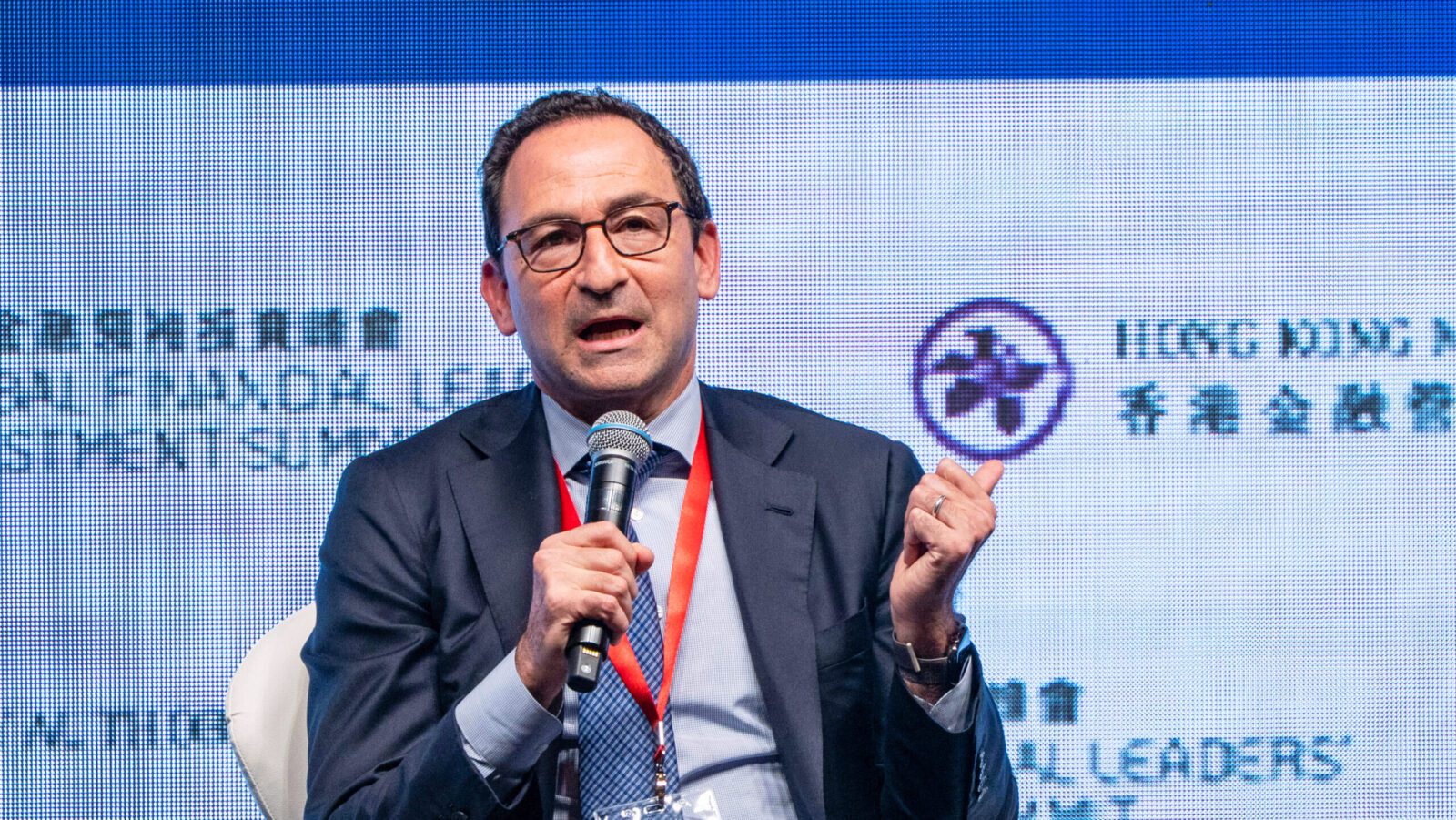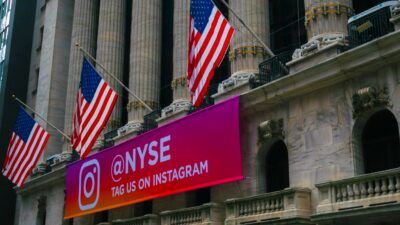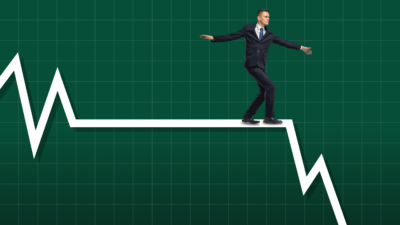Too Big to Fix: IPO Revival Unlikely to Reverse Three-Decade Slide in Stock Exchange Listings
In the late 1990s, there were roughly 8,000 US companies traded on stock exchanges. Today, estimates say it’s about half of that.
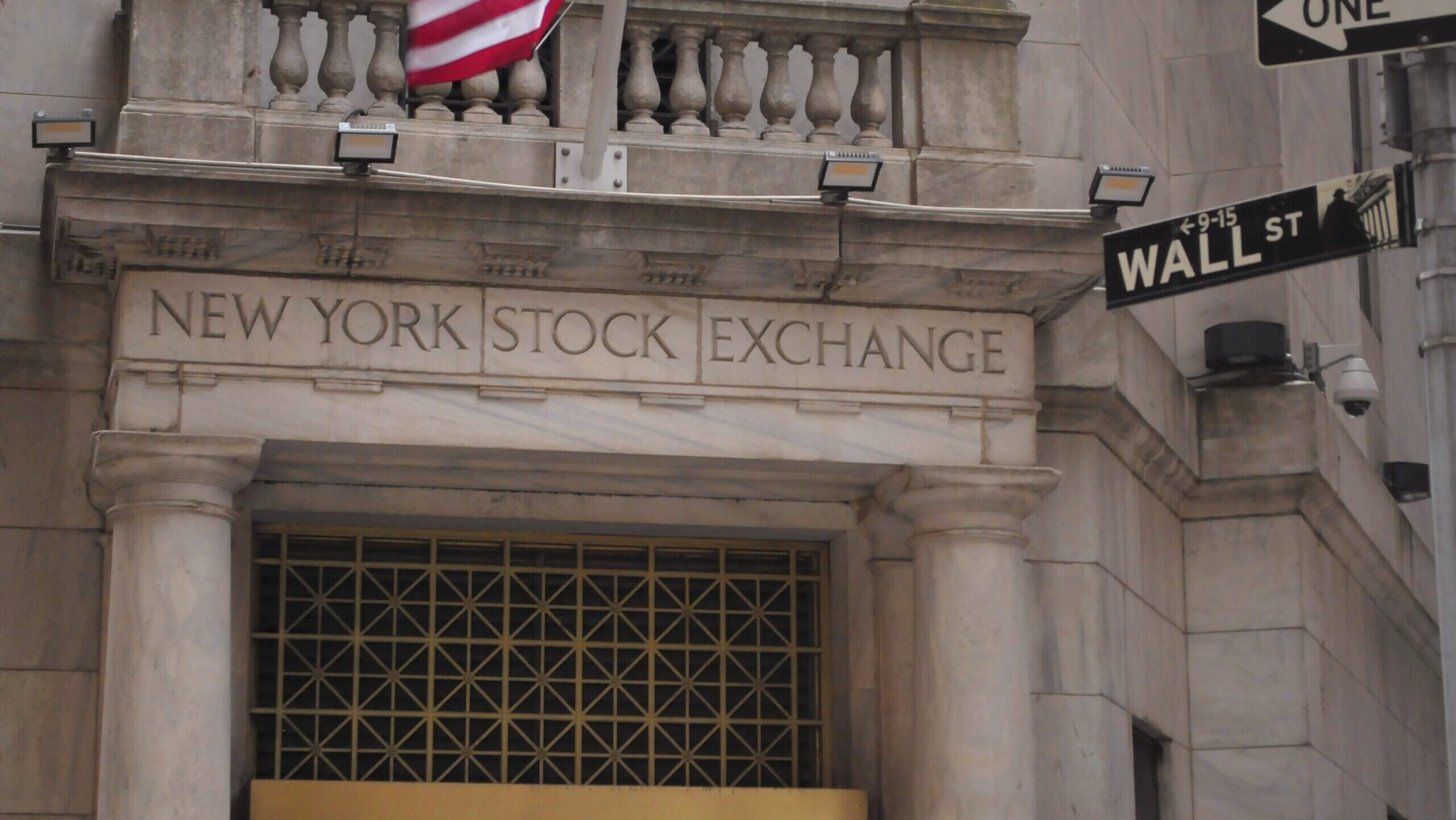
Sign up for smart news, insights, and analysis on the biggest financial stories of the day.
Recent weeks have seen a pickup in noteworthy US-listed initial public offerings, with fintech Klarna, ticket reseller StubHub and cybersecurity firm Netskope among the slew of high-profile IPOs that Wall Street hopes signal a bumper fall.
But the IPO market isn’t likely to party again like it did in 1999. A years-long slump in listings, due to an appetite first dented by high interest rates and inflation and more recently by tariff uncertainty, is just the tip of a much bigger iceberg. And hopes for a return to the record IPO days of 2021, even if macro conditions become more favorable, must contend with the fact that life as a private company is more comfortable than ever.
Not the Smoking Gun
The declining trend in IPOs dates back much farther than the latest cold streak. In the late 1990s, approximately 8,000 US companies were listed on stock exchanges. Today, estimates say the number is about half of that. One factor that has taken a considerable portion of the blame is the supposedly onerous burden of government regulations that come with listing. It’s a claim executives have been keen to amplify, arguing that compliance with disclosure and regulatory requirements is costly and discourages firms from going public.
However, Columbia Business School researchers found that regulatory costs account for only 7.3% of the decline in IPOs over time. Even if you got rid of all post-2000 regulatory costs, they determined, the decline in publicly listed companies would be relatively unchanged. The more obvious explanation, they noted, is the massive expansion of available private funding from venture capital and private equity. “Firms are staying private because they can now in ways that they couldn’t before,” noted Michael Ewens, a Columbia finance professor who co-authored the research. “They can raise money at crazy valuations and not worry about running out and having to tap the public markets.” Analysts also anticipate private equity will outperform public markets in the years ahead:
- Last year, Bain & Company forecasted that private market assets would grow at more than twice the rate of public ones, reaching as high as $65 trillion globally by 2032.
- “The public market is disappearing, and it’s concerning, but regulatory cost isn’t the smoking gun,” said Kairong Xiao, a Columbia business professor and Ewen’s co-author. The researchers warned that, if high-growth companies continue to stay private longer, the broader public investor class could be shut out of gains reserved for venture capital, private equity and other major investors with an inside track.
Chatbot Riches: OpenAI secured a $500 billion valuation last week when it completed a deal that allowed current and former employees to sell $6.6 billion worth of stock to investors. It now ranks above SpaceX ($400 billion), ByteDance ($330 billion), and Anthropic ($183 billion) as the world’s most valuable private company.




